Ancient
Enemy
Ancient
Enemy Series Book 1
by
Mark Lukens
Genre:
Horror
Ancient
Enemy - it wants things . . . you have to give it what it
wants.
Seven
hundred years ago the Anasazi people built massive cities in what is
now the southwestern United States . . . and then they
vanished.
Stella,
an archaeologist specializing in Anasazi culture, and David, a
mysterious Navajo boy, are on the run from something terrifying. As
they flee up into the snowy mountains of Colorado, they are carjacked
by criminals escaping a botched bank robbery. Caught in a blizzard,
they must take refuge in what they believe is an abandoned cabin.
It's at this cabin where they will face horrors beyond their
imagination.
Darkwind
Ancient
Enemy Series Book 2
After
a rancher finds ten mutilated bodies at a dig site on the Navajo
Reservation, both Captain Begay of the Navajo Tribal Police and
Special Agent Palmer of the FBI become involved ... but the case
leads Palmer back up to Colorado where five more mutilated bodies and
Stella's vehicle have been discovered at a burning cabin.
Cole,
Stella, and David escape the cabin on a snowmobile, heading south to
get David back down to the Navajo lands. Now that Stella believes
that David is a natural-born shaman, she knows that their only hope
of David ever defeating the Ancient Enemy is to find a reclusive
shaman named Joe Blackhorn who can help train David.
But
with Agent Palmer and Captain Begay hot on their trail, Cole and
Stella must find Joe Blackhorn and the secrets he possesses before
the Ancient Enemy destroys them all.
Hope's
End
Ancient
Enemy Series Book 3
In
1891, in the badlands of northern Arizona, Jed Cartwright, a bounty
hunter and U.S. Marshal, transports a dangerous prisoner back to the
town of Smith Junction. As they travel through the woods, they are
attacked by what they believe are skinwalkers.
As
Jed flees the woods, he finds a house where a family has been
slaughtered - the only survivor is an eight-year-old Navajo boy, a
boy traumatized by the horrors he has seen.
As
Jed and the Navajo boy make their way north to Smith Junction, a
sudden sandstorm diverts them to the small town of Hope's End. They
take refuge from the storm in the saloon with some of the
townspeople. But hours later, when the storm is over, they discover
what has happened to the rest of the people in Hope's End . . . and
the terror is only beginning, everything leading up to a shocking
twist at the end.
Evil
Spirits
Ancient
Enemy Series Book 4
It
has been seven years since David sent the Ancient Enemy back to its
world in the ghost town that was once the town of Hope's End.
Cole
and Stella have lived in Costa Rica for the last seven years. They
wanted to believe that it was really over . . . but there were always
doubts. And when Stella sees a horrifying vision in the jungle, she's
certain that the Ancient Enemy has returned.
David,
living at his aunt's house in New Mexico, knows the Ancient Enemy is
back; he can feel it. And now nightmares about a serial killer
possessed by the Ancient Enemy plague him, a killer who will stop at
nothing, a killer who is coming for David. With Joe Blackhorn dead
now, the only person David can turn to is Begay, the former captain
of the Navajo Tribal Police.
Former
FBI agent Palmer's nightmares have returned, and when he's called in
as a consultant on the recent copycat murders - re-creations of the
massacre at the archaeological dig site seven years ago - he knows
that the ancient evil is back.
Together,
they are drawn into one last stand against the Ancient Enemy . . .
but this time the battle will be fought in the Ancient Enemy's world.
Mark
Lukens has been writing since the second grade when his teacher
called his parents in for a conference because the ghost story he'd
written had her a little concerned.
Since
then he's had several stories published and four screenplays optioned
by producers in Hollywood. One script is in development to be
produced. He is the author of many bestselling books including:
Ancient Enemy, Darkwind: Ancient Enemy 2, Descendants of Magic, The
Summoning, Night Terrors, Sightings, The Exorcist's Apprentice, What
Lies Below, Devil's Island, The Darwin Effect, Ghost Town: a novella,
and A Dark Collection: 12 Scary Stories. He is a member of The Horror
Writers Association.
He
grew up in Daytona Beach, Florida. But after many travels and
adventures, he settled down near Tampa, Florida with his wonderful
wife and son ... and a stray cat they adopted.
GUEST POST
HOW
LONG HAVE YOU BEEN WRITING?
As
my bio states: I’ve been writing since the second grade. But I may
have tried to write stories even before that. But I remember the
first time I knew I really wanted to be a writer. I was about ten or
eleven years old, and I read a book of sci-fi stories from the
bookshelf in the living room (both my mom and dad always loved
reading sci-fi fiction). It was called 18
Greatest Science Fiction Stories.
The stories were mostly from the 1950s and 1960s, but I discovered
authors in that collection like Ray Bradbury and Arthur C. Clarke. I
tried to find everything by Ray Bradbury, and soon I was writing
stories that were poor imitations of Bradbury’s stories.
When
I was fourteen years old, a friend told me about a book he was
reading called The
Stand by
some guy named Stephen King. I went to the small public library
across the street from our trailer park (the library has since moved
and is now huge) to look for the book. I didn’t find The
Stand,
but I found a few other books by Stephen King. I looked over the few
books they had, trying to decide which one I wanted to read. I read
the description of Christine;
it was about a haunted car. I loved muscle cars, so a haunted muscle
car—how cool was that? I checked the book out and took it home. I
was hooked. I couldn’t stop reading it. I hadn’t really read much
horror up until then, but I knew at that moment that this was the
kind of stories I wanted to write. I checked out every Stephen King
book at that small library that they had. I read ‘Salem’s
Lot next.
Then The
Dead Zone.
Then Different
Seasons.
Then Pet
Sematary.
Eventually I bought a paperback copy of The
Stand.
I
left home right before I turned eighteen years old to work
construction in Orlando. I mostly worked construction, and I traveled
around a lot in my younger years. When I got older and my son was
born, I ran my own drywall business for years. Over the next two
decades I was working
a lot, but I was always reading and always writing. I didn’t take
my writing too seriously, sending a story out here and there, sending
query letters off to publishers and agents every so often. It wasn’t
until I was in my late thirties that I decided to get serious about
my writing and I began studying the craft of screenwriting. I found
some success right away with my screenplays; producers and managers
in Hollywood (some of them not so famous then but famous now)
requested to read my scripts. A few years later I had a few options
and two really close calls with major studios. But the stars didn’t
quite align and things fell apart. I was devastated, but then I heard
about Amazon/Kindle publishing. I decided to quit my job and turn one
of my scripts, Ancient
Enemy,
into a novel. And I’ve been writing ever since.
WHAT
KIND OF RESEARCH DO YOU DO BEFORE YOU BEGIN WRITING A BOOK?
Research
can be important, and it has been important in some of my books, more
for some than others. With the internet, research is so much easier.
I did a lot of research for my books Ancient
Enemy, The Exorcist’s Apprentice,
and Devil’s
Island.
Before
I begin a first draft of a book, I usually start with a six to ten
page outline. If I know I’m going to need to do some research
before I even begin writing, then I’ll do it. But often, as I’m
writing the first draft, I’ll come across areas and details that I
need to research. Sometimes I’ll do a little research then, but
usually I just leave myself a note right in the first draft to
research something in the subsequent drafts and edits so I don’t
slow down the momentum of completing the first draft.
WHAT
DO YOU THINK ABOUT THE CURRENT PUBLISHING MARKET?
I
think self-publishing, or indie publishing as it’s sometimes called
(and Amazon/Kindle specifically), has opened a lot of doors for
writers. I know some people may still look down on anything
self-published, but people should remember that self-publishing is
not new, and there have been many success stories from
self-publishing recently (Wool,
The
Martian,
and The
Shack come
to mind immediately). Just because someone wasn’t traditionally
published doesn’t mean that their writing or their stories aren’t
any good. Traditional publishing is a numbers game, and often luck is
involved—the right publisher or agent at the right time. I’m sure
publishers and agents have turned down a lot of great works because
they can only publish or represent
so many authors at a time. Also, I believe that publishers may be
concentrating on the stable of authors they have now rather than
taking on a lot of new authors.
I
think traditional publishing and printed books will always be around.
People have been declaring the death of the book for a long time:
First, movies were going to kill the book, then TV, then DVDs, and
now self-published e-books. But books and traditional publishing have
survived, and I think they will continue to survive. But I think
publishing has changed drastically in the last ten to fifteen years.
I don’t believe a lot of readers look at who published the e-book
before buying or borrowing it. Also, I think many independent authors
have chosen to be self-published, and I’ve heard of many authors
who used to be traditionally published who are self-published now. I
know of some self-published authors who are so successful that they
would most likely turn down a publishing deal unless it was a
multimillion dollar deal from a large publisher.
DO
YOU READ AND IF SO WHAT IS YOUR FAVORITE GENRE?
Yes,
I still love to read. I think reading, along with a consistent
writing schedule, is one of the most important things a writer can
do. I still have authors that I love to read, but I’ve also
discovered so many new authors on Amazon/Kindle in the last five
years. I still read a lot of horror and thrillers, but not as much
science fiction as I used to. But what it really comes down to for me
is that I love a good story.
DO
YOU PREFER TO WRITE IN SILENCE OF WITH NOISE? WHY?
When
I’m writing the first draft, I like to have some music on. I mostly
write in my office (but sometimes in the living room—I can write
just about anywhere) and I’ll listen to the radio, some CDs, or my
playlist on Amazon. My taste in music is as eclectic as my tastes in
reading, so I listen to all kinds of music.
When
I’m editing or rereading drafts, I like to have the music off.
DO
YOU WRITE ONE BOOK AT A TIME OR DO YOU HAVE SEVERAL GOING AT A TIME?
I’m
always working on several projects at the same time in various stages
of development; I’ve always done that. I guess it’s good that I
can multitask, but one of the downfalls
is that if I get a new idea for another story or a book, I’ll
abandon the one I’m working on to start the new one. Also, if I get
stuck in a novel I’m working on, it’s too tempting to go work on
something else.
In
the last few years I’ve learned to be a little more disciplined
about keeping to one project at a time and finishing that one up
before moving on to something else. Of course if I get an idea for a
story or book, or a breakthrough on something else, I’ll jot those
notes down or even work on it for that day, but then I like to get
back to the main project I’m working on at that time. These days,
even if I get stuck on part of the book, or things aren’t coming
out exactly like I want them to, I’ve learned to just power through
those drafts.
I
still find myself going back and forth between projects. It’s a
hard habit to break, but I’m getting better about it. But I guess
I’ll always work on several projects at a time. I have more ideas
than time to write them, but I guess that’s a good thing.
A
DAY IN THE LIFE OF AN AUTHOR?
This
would be a typical day for me:
I
write for a living now so I don’t have a set time to wake up (I had
too many years of that), but I try to get up before nine o’clock.
The earlier I can get started, the more I seem to get done. I can
write at night (or anytime), but I really like writing first thing in
the morning. I get out of bed, make some tea, and maybe have a small
breakfast, then I go into my office. I do a quick check of my emails
to make sure there isn’t something important that I need to respond
to, and then I get started on the day’s work. I like to get in at
least three to five hours of writing (or rereading, editing, or
whatever stage the writing project is in). I don’t really have an
actual page count or word count that I adhere to, but I know if I’ve
gotten enough work done that day.
I’ll
take a break in the afternoon and run any errands I need to run or do
a quick workout. I’ll eat a late lunch or early dinner, then I like
to go back to work for at least an hour or two in the late afternoon
or the evening. If I’m not writing then, I’ll at least work on
some marketing or social media stuff. Then I’ll watch some TV with
my wife and read a little before going to bed.
DO
YOU HAVE ANY ADVICE FOR NEW AUTHORS?
I
like Stephen King’s advice the best in his book On
Writing:
Read a lot and write a lot. I think those two things are the
foundation for any writer. I think any writer needs to love to read
before
he or she can really think about writing their own stories, and if
you want to write in a certain genre, then I think it’s important
to know and love that genre; I think the readers can tell if you
don’t. As for writing a lot, I think every writer should have some
kind of consistent writing schedule. It doesn’t have to be every
day, or so many hours or pages a day, but I think it’s important
not to let too much time slip by without writing. I don’t always
write every day; I tend to write more in spurts, but I’ve been
doing this long enough to know that I’ll get back to writing if I
take a day or two off. But it’s also important to remember that
writing is a muscle that needs to be exercised regularly so it
doesn’t become weak and waste away. A writer writes.
A
few other things to keep in mind:
Don’t
expect your early stuff to be great (although it may be). You need to
get the early books, stories, screenplays, etc. out of you and hone
your craft as you go. As you write, year after year, you will get
better and better. But the important thing is to keep writing.
Don’t
expect your first draft to be perfect—it rarely is. Just get that
first draft down on paper so you have something to improve. I get
caught in this trap even to this day; I will procrastinate or go back
and begin editing the first draft I’m working on if I get stuck on
something because I want the first draft to be perfect. But I have to
remind myself that it’s not going to be perfect and that I can
always go back and change minor things here and there in the
subsequent drafts.
Whether
you outline or fly by the seat-of-your-pants, you should try to power
through your first draft as quickly as possible. If you’re stuck on
a word or phrase, just use a placeholder there, anything to keep
moving on. I’ll often write notes to myself in my first drafts such
as: Look this up, or Research this, or add more detail here, or
explain how she got this job, etc. As you go through the second,
third, or even tenth draft, you’ll keep improving the story,
tweaking it, making it better and better.
Keep
learning the craft. I think it’s important for writers, new ones
especially, to learn everything they can about the craft of writing.
Read books on it, watch videos, read articles, listen to podcasts.
And, of course, keep practicing.
Follow
the tour HERE
for exclusive excerpts, guest posts and a giveaway!
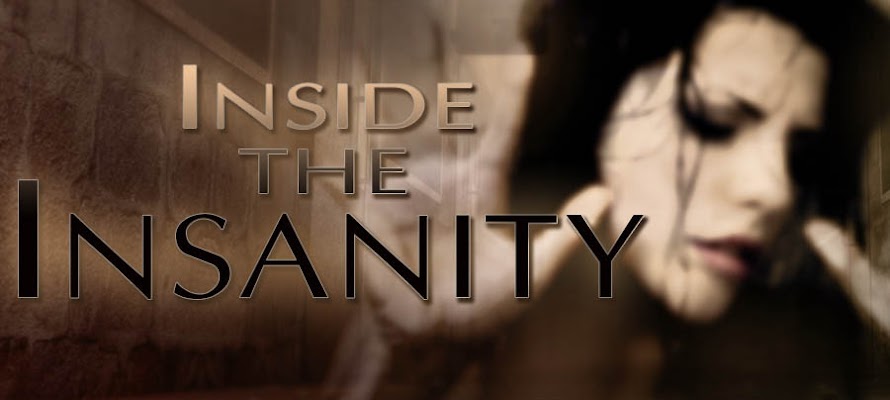
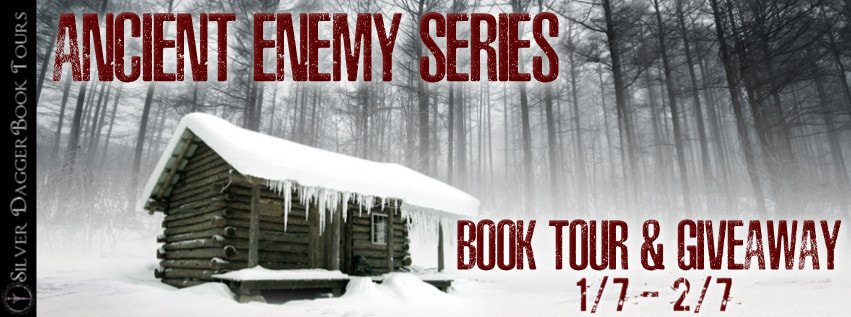
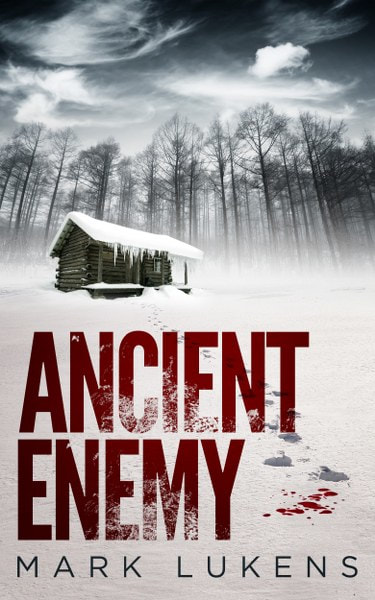
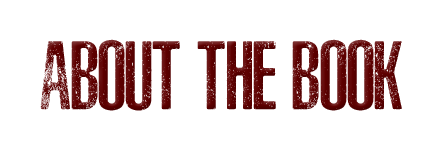
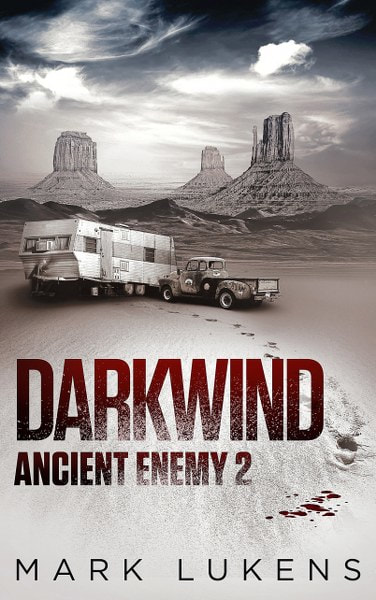
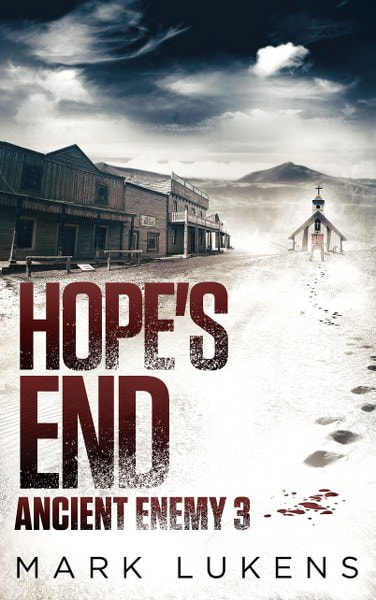
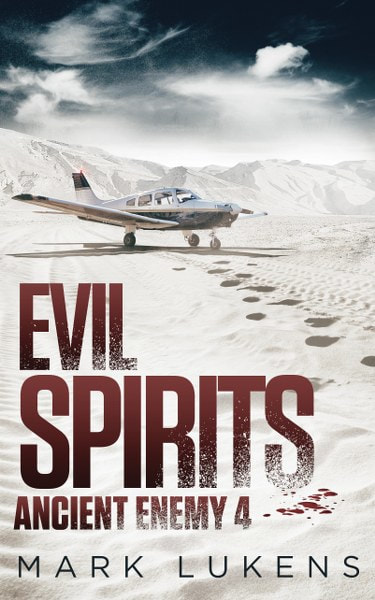

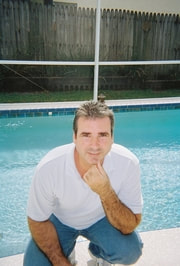
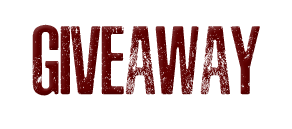
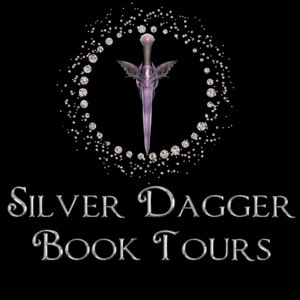
No comments:
Post a Comment